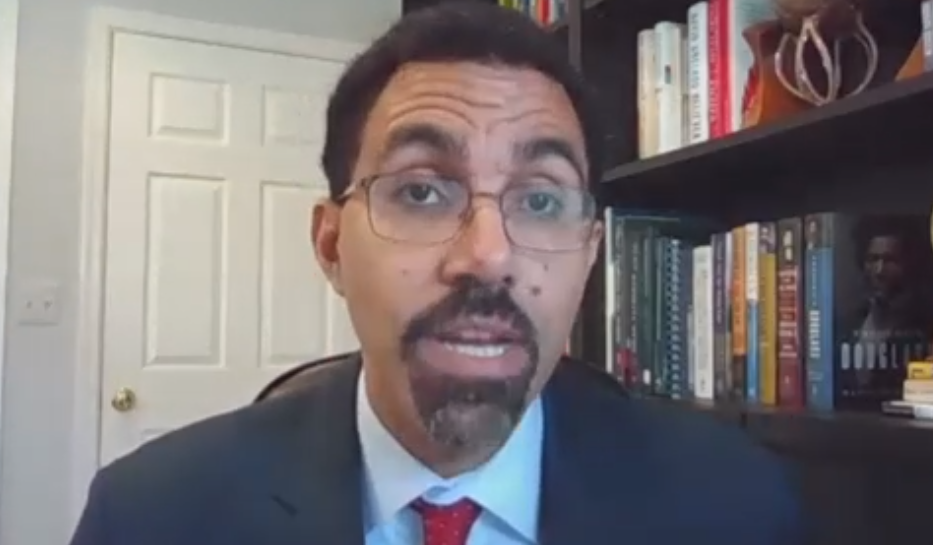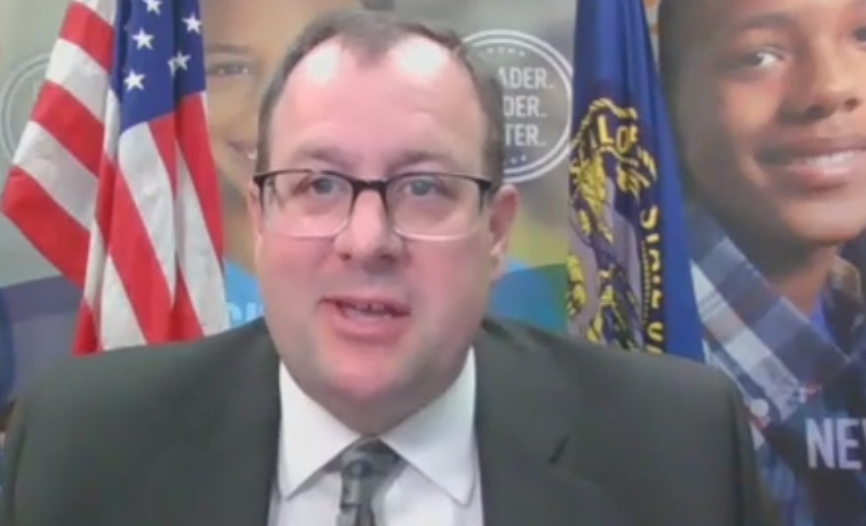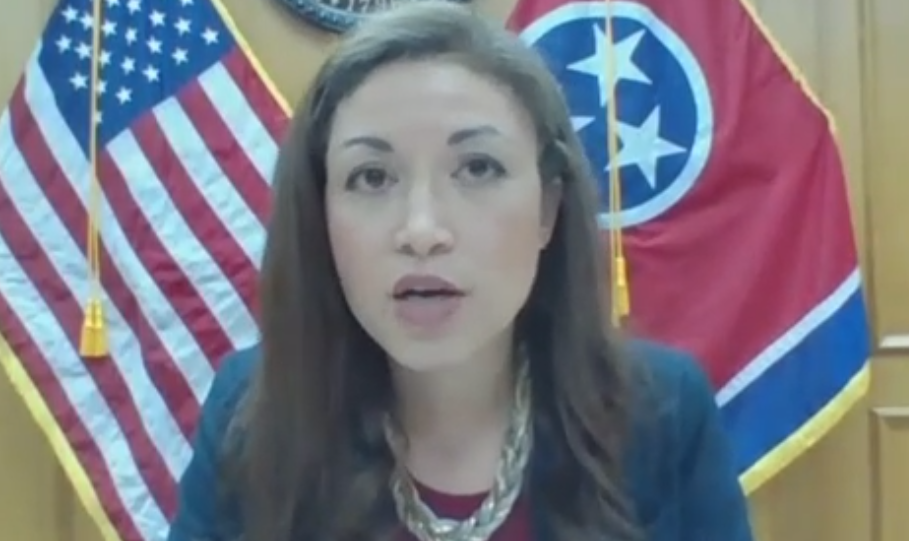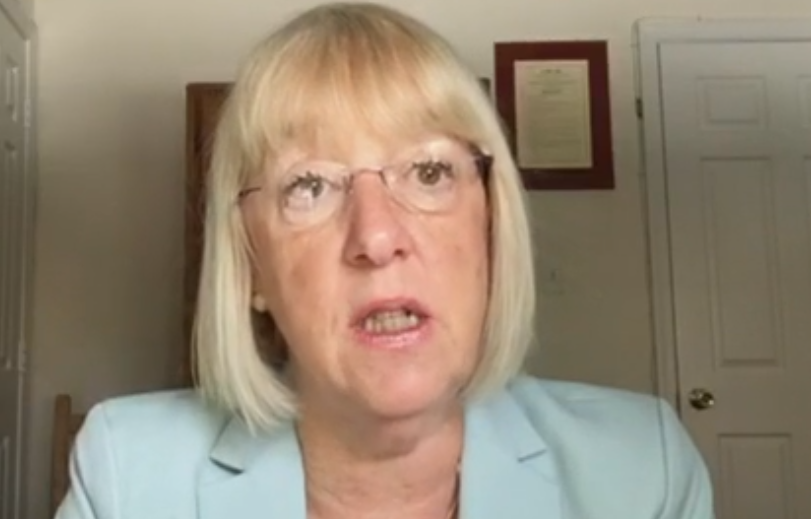Educators: Distance Learning Dollars, Equity, Are Keys to Reopening Schools
The smarter way to stay on top of the multichannel video marketplace. Sign up below.
You are now subscribed
Your newsletter sign-up was successful
Educators told the Senate Wednesday (June 10) that access to technology is key to reopening schools in the new normal of COVID-19 and they could use some help in the form of government dollars.
They made that point at a hearing in the Senate Health Education Labor and Pension (HELP) Committee hearing, COVID-19: Going Back to School Safely." Going back to school also means having the connectivity and equipment for not going back to school if the pandemic flares up, and for a hybrid mix of remote and in-person learning even if it is just navigating the new normal until there is a vaccine and treatment and more is known about the virus' transmission.

John King, former Education Secretary under President Barack Obama, said that before COVID-19, 79% of households had broadband versus only 66% of black households and 61% of Hispanic households. He said that lack of equitable access is not only a distance learning issue and an obstacle to hybrid remote/in person education, but "an emergency preparedness issue in the event of further widespread closures."
Related: Senate Dems introduce $4 Billion E-Rate Bill
He said to make sure home broadband access for students is even possible, the Congress needs to add at least $4 billion to the FCC's E-rate subsidy program--there is already legislation introduced to that effect--for WiFi hot spots and devices. He told the committee that Congress "should also encourage districts to implement multilingual digital learning platforms to be fully inclusive, and encourage private companies to enable home broadband access for the students in the communities they serve during the pandemic at no cost." He also said there needed to be professional development for educators so they can "teach, assess, and connect with their students remotely."

After surveying parents, schools and communities, Matthew Blomsted, the Nebraska Department of Education commissioner of education, said that number one on the list of five back-to-school priorities was to "enhance technology infrastructure (broadband, devices, platforms, data privacy) for students and families."
He told the committee he was concerned that the state lacks "the technology infrastructure to provide remote learning for sustained periods of time as well as make the investments in the appropriate resources and supports. He added that without more federal money for K-12 education in the next COVID-19 aid bill, "it may be difficult for states that are already strapped for funding in several sectors to meet the critical needs to keep schools open."
The smarter way to stay on top of the multichannel video marketplace. Sign up below.
If the state is to keep its promise of a high quality education to its million students, said Dr. Penny Schwinn, commissioner of education for the Tennessee Department of Education, "we must address the digital divide for teachers and students."

She said that means access to devices as well as broadband and professional development. She said the state's governor has talked about not having broadband on his farm. "That reality is all too true for students and their teachers," she said, particularly of the state;s rural and most vulnerable populations from a health perspective.
"This is no longer a 'nice to have,'" she said, "for many it is a necessity for a free and appropriate public education."
Sen. Patty Murray (D-Wash.), ranking member of the subcommittee, pointed to the disparity in distance learning funding and efficacy between poorer and minority communities and asked King what lessons about distance learning have been learned in the past few months and how states should plan for distance learning to come.

King said that access to devices remain a challenge, including where there might be a device in the home, but a number of kids. "Or parents may need the device, too," Murray added.
He said bandwidth also remains a challenge, not only in rural communities but urban ones. He said there were also cases where cable companies won't allow access to services with an unpaid balance (though most ISPs have pledged not to pull the plug for nonpayment during the pandemic).
He said tackling the digital divide is essential, but so is tackling professional development over the summer, saying at most schools there will be some need for hybrid learning.
Contributing editor John Eggerton has been an editor and/or writer on media regulation, legislation and policy for over four decades, including covering the FCC, FTC, Congress, the major media trade associations, and the federal courts. In addition to Multichannel News and Broadcasting + Cable, his work has appeared in Radio World, TV Technology, TV Fax, This Week in Consumer Electronics, Variety and the Encyclopedia Britannica.

